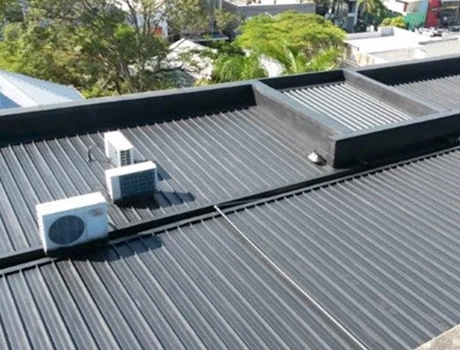In the field of oil and gas, there are a variety of factors that can reduce equipment lifespan. Drilling, transportation of oil and gas to industries, continual encounters with turbulent seas and constant exposure to harsh weather conditions are just some instances. These conditions require durable Pipe Coating to prolong the life of equipment even when regular maintenance is not economically feasible. Read on to understand how coatings are able to withstand abrasion, combat chemical erosion, and withstand the effects of temperature and water and also benefit the oil and gas industry in general.
Overcome Abrasion
Since this industry operates in such a harsh environment, it's essential that the parts are coated to enable the machinery to stand up to everyday wear and tear. Mechanical wear should be less in order for every operation to function effectively, and businesses can accomplish this through coatings. Since the drilling process and various extraction methods cause abrasion and wear, protective coatings provide an intelligent shield that improves resistance to scratching.
Fight Chemical Erosion
The natural gas and oil sector typically contain impure elements that are extremely tough. To counteract the negative harmful effects of chemicals like carbon dioxide or hydrogen sulphur sulphide which increase erosion, components should be coated using a formula that improves chemical resistance. In the majority of cases, insufficient chemical resistance is manifested as tempering of equipment, which can lead to a deterioration in the efficiency of machinery.
Water and Temperature Resistant
Fibre mesh, coal tar along, and app waterproofing membrane with petroleum wax were the coatings commonly used to shield pipelines in the past. Nowadays, the majority of pipelines are equipped with multilayered composite and fusion-bonded epoxy Pipe Coatings that are temperature and water resistant and also flexible and strong enough to withstand pipeline motions and impact from environmental triggers.
UV radiation, extremely high ambient temperatures, production of heat from machines and many other conditions can cause metal components to be corroded. This is the reason we can't overstate the necessity of covering components in a way that they can withstand the extreme conditions and prolong the life of equipment.
Selected Coatings Have Lesser Environmental Impact
Chemical vapour deposition (CVD) is extensively used in the field and can be used in many products for consumers. They are renowned as a green durable thin film. The mechanical components, the wear element analytical flow path constituents and other industries that require an ultra-high-performance light coating could gain from CVD.
However, PVD (physical deposition of vapours) isn't any less effective than CVD. It does not generate any of the harmful pollutions that other coatings, similar to electroplating do. PVD poses a relatively low risk of harmful material discharge into the environment, especially when compared with electroplating. PVD coatings can also make items last longer and objects are less likely to break down or release toxic substances into our environment.
These are the 4 ways in which pipe coatings can benefit the oil and gas industry. We hope you will find this information useful.


